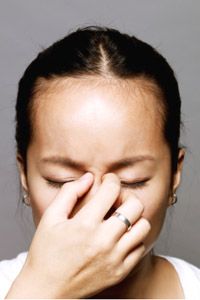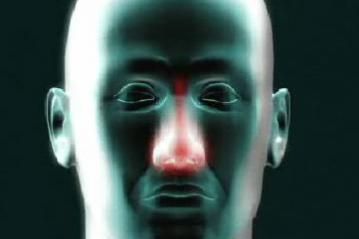No matter how much you clean your home, you cannot rid the air completely of allergens and other airborne irritants. Air purifiers are devices that are designed to clean the air in your house and improve the quality of air you and your family breathe. Air purifiers use filters to rid the air of pollutants and allergens, like pollen, mold and pet dander. It will also clean the air from other harmful particles, odors and irritants, such as cigarette smoke.
Air purifiers that have met the strict regulations and have attained HEPA (high efficiency particulate air) certification will filter out both big and small particles; this is especially important for people who suffer from asthma, allergies or other sensitivities to air pollutants.
Advertisement
While air purifiers can improve the general health and sleep of those in the house, according to the Asthma and Allergy Foundation of America specifically, and the medical community in general (both of whom are debating the efficacy of air purifiers on reducing allergy symptoms), air purifiers will only help those people whose symptoms are a response to an allergy. Furthermore, the allergens causing these symptoms have to be located solely in the home environment, and in limited amounts so as to prevent overwhelming the air purifier, which can impact on its ability to completely clean the air of the allergen. In addition, the Asthma and Allergy Foundation also indicates that allergies to particles that do not remain airborne, such as dust mites, will not be relieved by air purifiers.
Consumers considering purchasing an air purifier are encouraged to buy one that has met the requirements to receive HEPA certification. Experts claim that ionic air purifiers generate negative ions and ozone. The negative ions are said to have side effects and ozone is a toxic substance; these purifiers do not receive HEPA certification.
Advertisement

